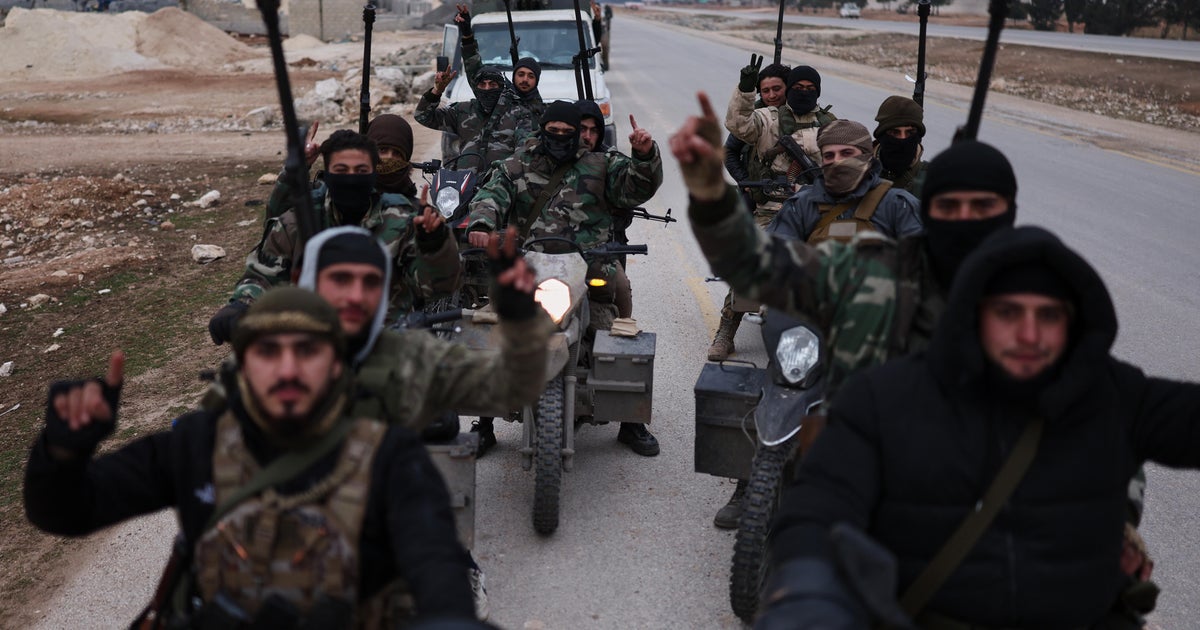Data from fitness app Strava highlights locations of soldiers, U.S. bases
WASHINGTON -- An interactive map of exercise location data from users of the popular Strava tracking app has inadvertently raised security concerns about personnel at U.S. military bases in sensitive areas around the world. The online map shows the accumulated tracks created by running and biking activities of people who use GPS-enabled fitness devices such as Fitbit watches.
The Global Heat Map, published by the GPS tracking company Strava, uses satellite information to map the locations and movements of subscribers to the company's workout tracking service over a two-year period, illuminating areas of activity, The Washington Post reported Sunday.
The map does not show live activity, but shows a pattern of accumulated activity between 2015 and September 2017. The map shows a great deal of activity in the U.S. and Europe - most of which is non-controversial. But in war zones and deserts in countries such as Iraq and Syria, the heat map becomes almost entirely dark -- except for scattered evidence of activity.
A closer look at those areas brings into focus the locations and outlines of well-known U.S. military bases, as well as other lesser-known and potentially sensitive sites -- possibly because American soldiers and other personnel are using fitness trackers as they move around.
The Global Heat Map was posted online in November 2017, but the information it contains was only publicized recently. Strava says it has 27 million users around the world, including people who own widely available fitness devices, as well as people who directly subscribe to its mobile app.
The data could provide information to someone who wants to attack or ambush troops, the Post reported.
Military officials responded to a request for comment by CBS News on Sunday night. They said there was a "need for situational awareness" and that the Department of Defense "takes matters like these very seriously."
"Annual training for all DoD personnel recommends limiting public profiles on the internet, including personal social media accounts," Maj. Audricia Harris wrote. "Furthermore, operational security requirements provide further guidance for military personnel supporting operations around the world. Recent data releases emphasize the need for situational awareness when members of the military share personal information."
Harris continued: "DoD takes matters like these very seriously and is reviewing the situation to determine if any additional training or guidance is required, and if any additional policy must be developed to ensure the continued safety of DoD personnel at home and abroad."





